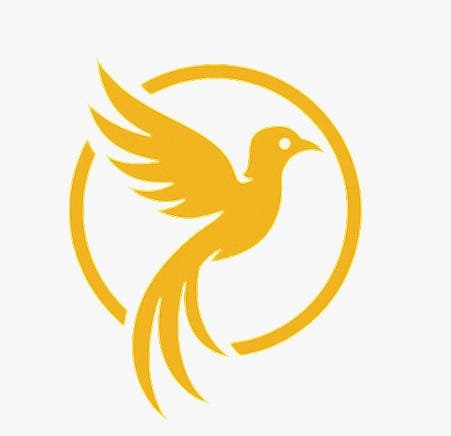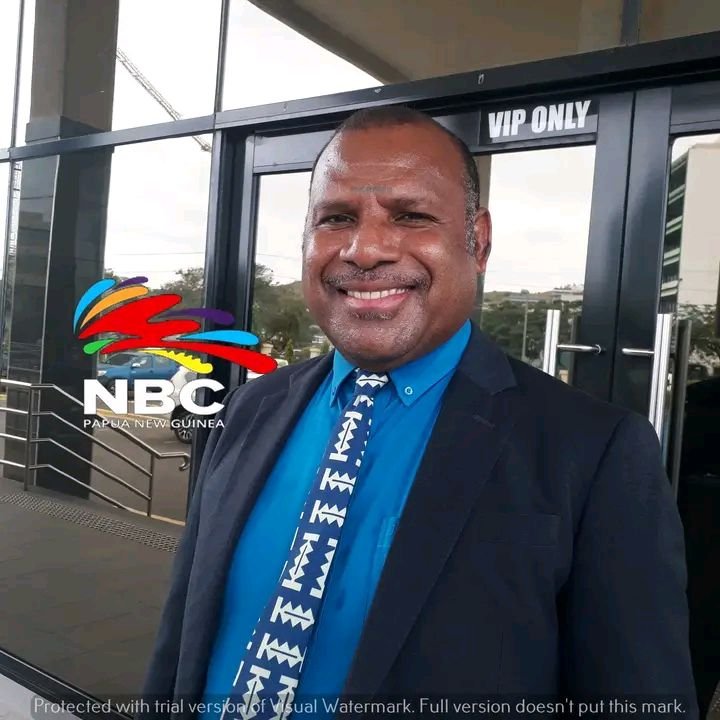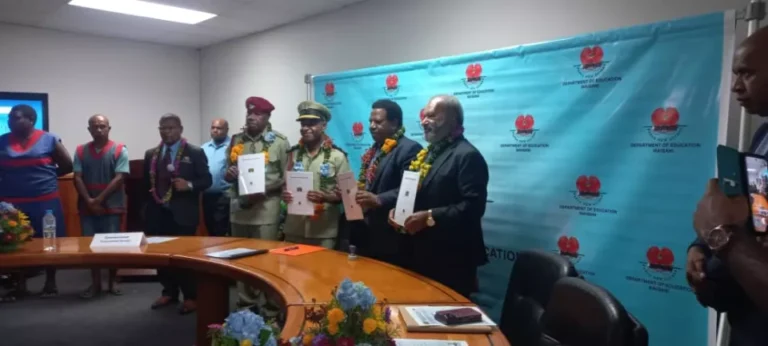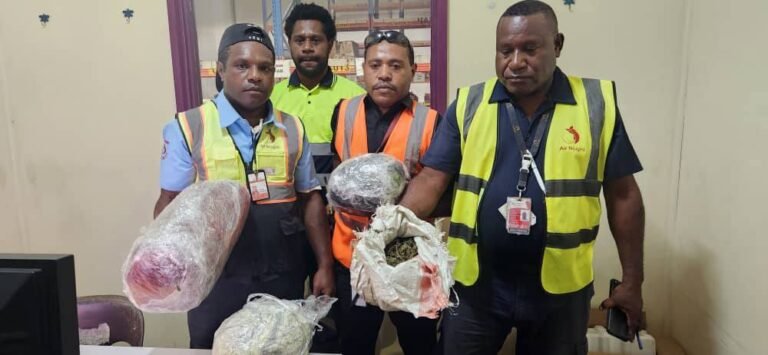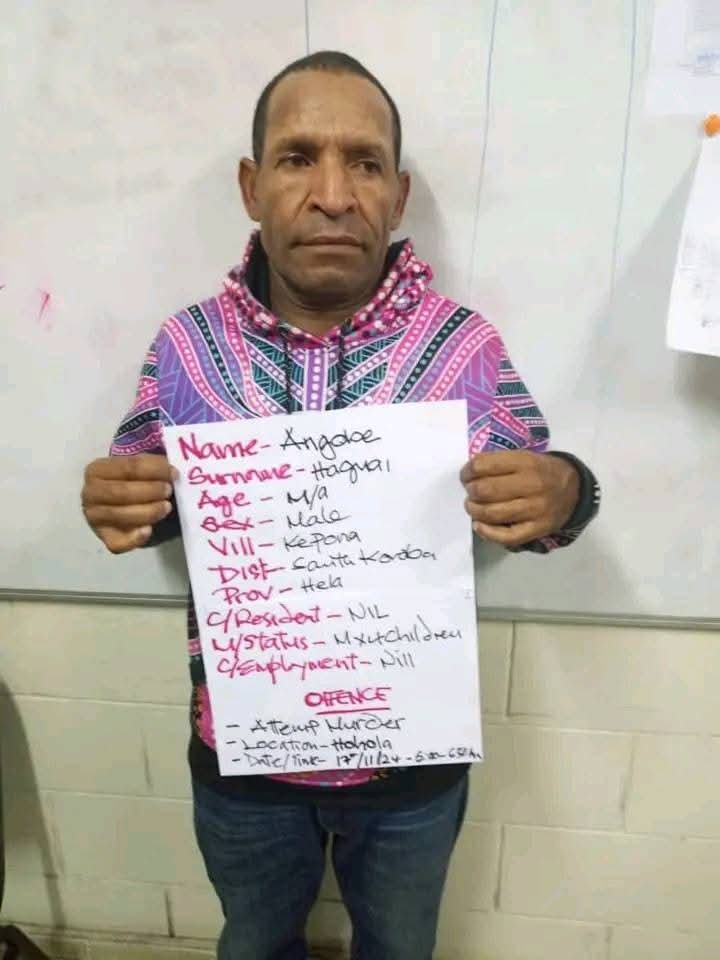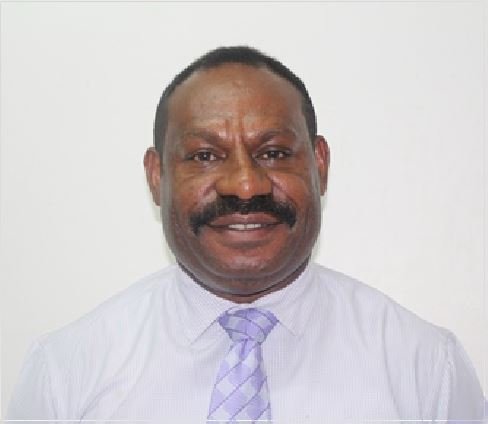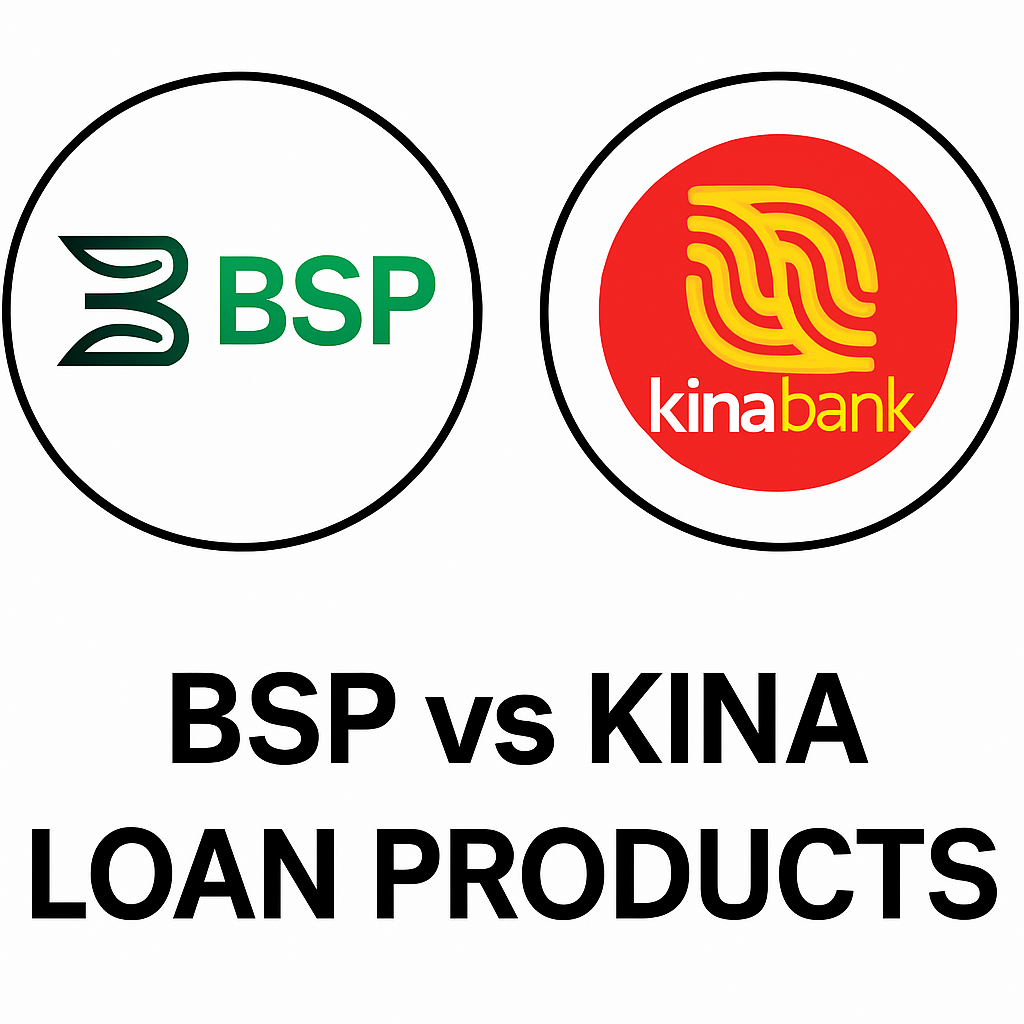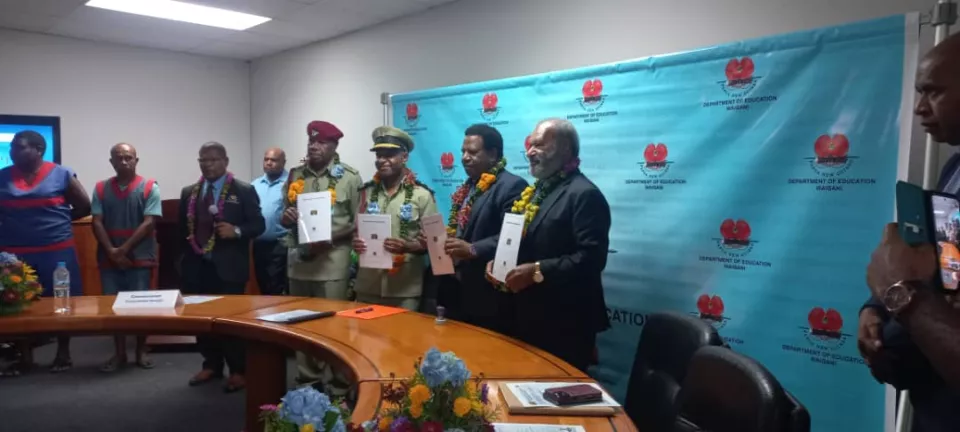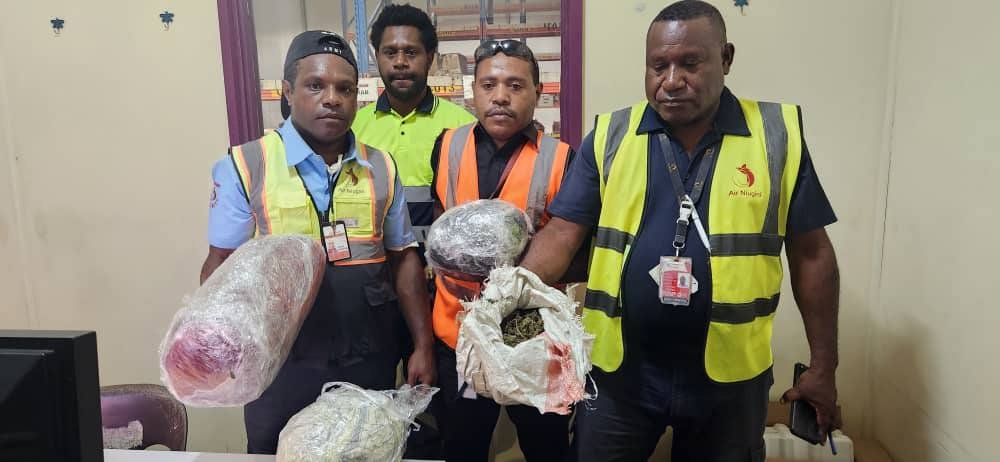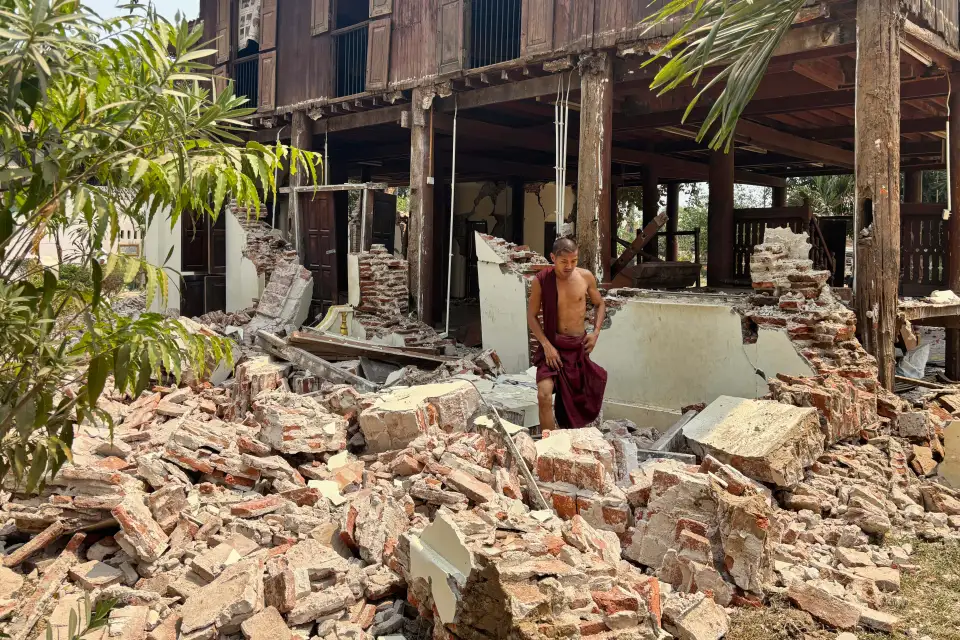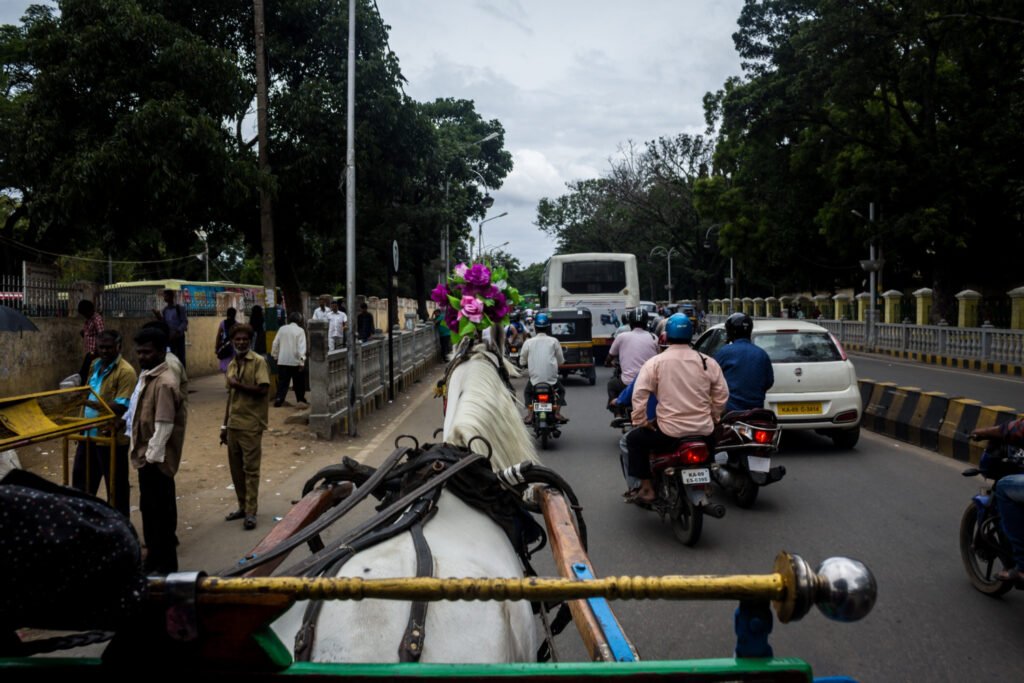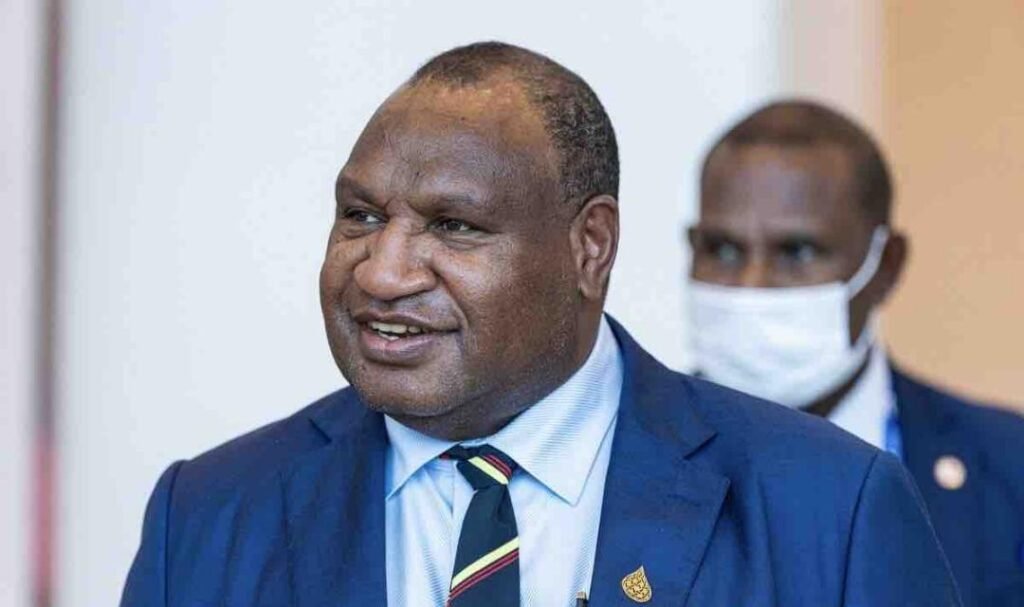Settlement Fires on the Rise: Port Moresby Communities Mobilize for Prevention and Preparedness
In the tightly packed urban settlements of Port Moresby, fire is an ever-present threat. Over the past six months, a string of fire outbreaks has devastated homes in Gordon, Hohola, and Morata, displacing hundreds and exposing the vulnerability of unplanned neighborhoods where electrical faults, open flames, and limited water access pose daily risks.
But amid the crisis, local leaders are stepping up—and communities are fighting back, not with hoses alone, but with awareness, action, and grassroots training.
The Growing Risk
In March, a fire tore through Morata 4, destroying more than 30 homes in just under an hour. Faulty wiring and a kerosene lamp were cited as the likely cause. “We couldn’t stop it. There was no water, no equipment, and the fire spread too fast,” said Anna Wane, a resident who lost everything.
These outbreaks have become all too common, exacerbated by dense housing, poor infrastructure, and delayed emergency response times. For many families, a single spark means losing not just shelter—but livelihoods, documents, and security.
Grassroots Response: Fire Warden Teams
In response, community groups are launching “fire warden” initiatives, recruiting and training volunteers in basic firefighting and emergency coordination.
In Six Mile Settlement, the Kipo Community Association has partnered with the National Disaster Centre and local churches to teach residents how to safely use extinguishers, set up firebreaks, and evacuate high-risk zones.
“We realized we can’t just wait for help—we need to prepare ourselves,” said Lukas Henry, a community leader helping train youth teams.
Awareness Campaigns: Prevention Before Panic
Beyond training, awareness drives are being rolled out across major settlements. Volunteers go door-to-door sharing information about safe cooking practices, electrical hazard warnings, and how to report early signs of fire. Posters in Tok Pisin and Motu explain what to do in an emergency, and WhatsApp groups now serve as rapid alert systems.
In Erima, community women’s groups have taken the lead—holding fire safety talks after church services and organizing neighborhood inspections to reduce flammable waste and check faulty wiring.
Government & NGO Collaboration
While grassroots momentum builds, stakeholders are stepping in. The PNG Fire Service, Red Cross, and UNDP are collaborating to pilot a settlement-level fire resilience program, which includes donations of basic firefighting kits, water drums, and first-aid packs.
“We must meet people where they live,” says Chief Fire Officer Bill Aupao, “and equip them with the tools and knowledge they need. Fire safety must become everyone’s responsibility.”
Challenges Remain
Despite the effort, challenges persist: access to water, poor roadways for fire trucks, and lack of fire hydrants in informal settlements remain major hurdles. Many homes are built with highly flammable materials, making fires nearly impossible to contain once they ignite.
Still, the shift toward community-driven response is already saving lives.
Conclusion
Port Moresby’s settlements may be vulnerable, but they are not powerless. Across neighborhoods once only reactive to disaster, a new culture of fire preparedness is taking hold—one fire warden, one safety poster, and one brave volunteer at a time.


